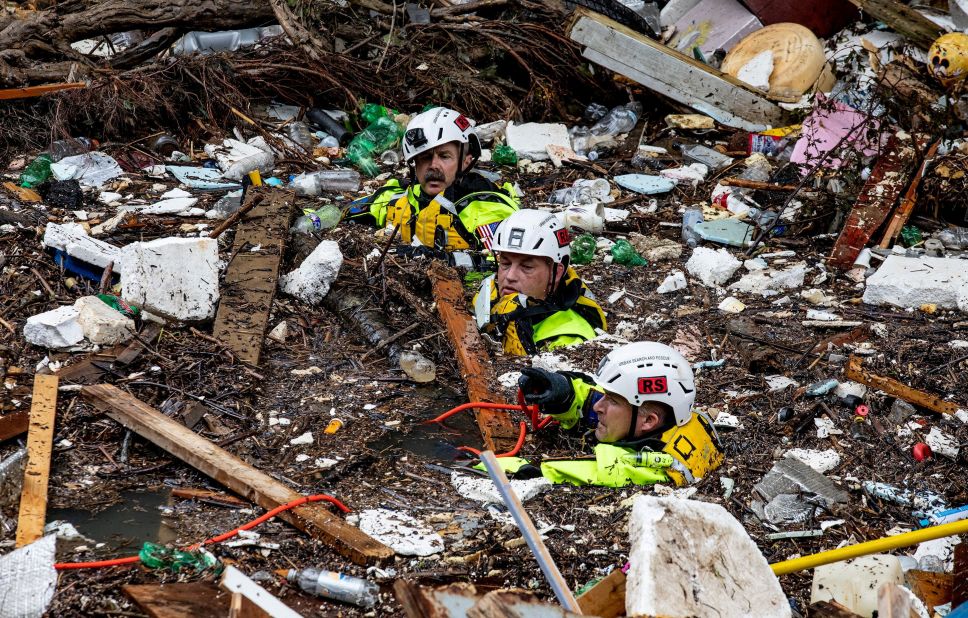The World Health Organization has said that floods, wildfires, drought and the onslaught of extreme weather are driving a global health crisis that must be put at the centre of climate action.
“The climate crisis is a health crisis; it drives extreme weather and is taking lives around the world,” Dr Tedros Adhanom Ghebreyesus, head of the WHO was quoted as saying. “Melting ice caps and rising sea levels are, of course, crucial issues, but for most people they are distant threats in both time and place. The threats of our changing climate are right here and right now.”
Tedros was speaking at a New York climate week event on links between global health and the climate crisis. The Cop28 climate summit in Dubai in December will hold a global health day for the first time, where health issues in the context of the climate crisis will be discussed.
The president of Malawi, Lazarus Chakwera, said that the addition of the global health day was “necessary and long overdue”. He noted that a series of tropical cyclones in quick succession had led to the worst cholera outbreak in Malawi’s history and left a trail of destruction affecting more than 2 million people.
Read also: Mayor warns London facing 45C days ‘in foreseeable future
Chakwera said that Malawi ranked as one of the nations most vulnerable to climate change, hence “strengthening healthcare systems and infrastructure is paramount to withstanding climate-related disasters”.
There were warnings about what might happen next in Libya following catastrophic floods that have already killed thousands in the port city of Derna, with the danger of waterborne diseases adding to the death toll.
“The number of deaths and injuries resulting from climate-related disasters will continue to rise unless we urgently implement climate adaptation and mitigation measures,” Chakwera said.
Also speaking, Dr Vanessa Kerry, who was newly appointed as the WHO’s first special envoy for climate change and health, said that Climate change is a health crisis.
“We know that 7 billion people a year die of air pollution. That is more than one person every five seconds and more than we saw in the entire Covid pandemic,”she said.
Story was adapted from the Guardian.
